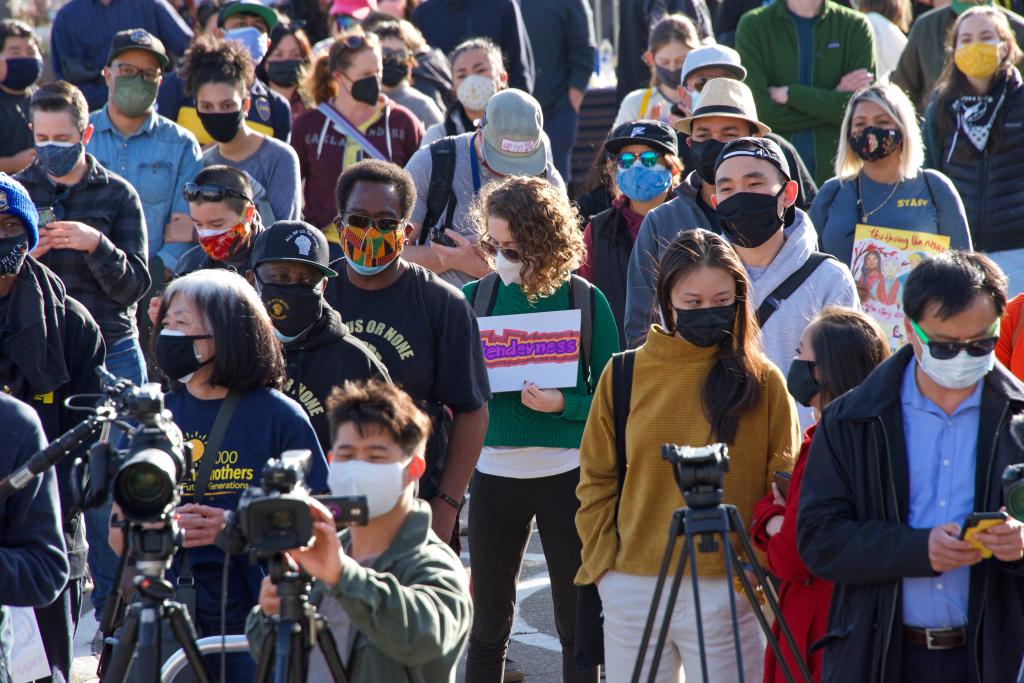Description
Democracy is a space in permanent flux, which is shaped by a variety of political, social, institutional, and technological factors. In which ways have the frontiers of the demos been moving in recent years? How to connect the changes in legal, generational and digital frontiers with the expansion or the restrictions of the spaces of participation? Which key elements have been driving past – and will presumably further drive future – transformations?
In her keynote to the conference “Moving frontiers of the demos: Enfranchisement, youth participation, and digital technologies”, Irene Khan will speak of her work and experience while analysing human rights trends, youth activism, and the threats and opportunities created by technology.
Welcome and introduction:
- Christine Lutringer, Senior researcher and Executive Director, Albert Hirschman Centre on Democracy
Keynote speech:
- Irene Khan, UN Special Rapporteur on freedom of opinion and expression, distinguished Fellow and Research Associate at the Albert Hirschman Centre on Democracy
Discussion:
- Irene Khan and Gülin Ozcan, Master’s student in International Relations/Political Science at the Geneva Graduate Institute
Q&A with audience
Bio
Irene Khan is UN Special Rapporteur on freedom of opinion and expression since 1 August 2020 and distinguished Fellow and Research Associate at the Albert Hirschman Centre on Democracy. An internationally recognized advocate for human rights, gender equality and social justice, Ms. Khan was Secretary General of Amnesty International from 2001 - 2009 and Director-General of the International Development Law Organization (IDLO) from 2012 - 2019. She was Visiting Professor at the State University of New York Law School in 2011 and Chancellor of Salford University (UK) from 2009 - 2015. She was awarded the Sydney Peace Prize in 2006 for her work to stop violence against women.
International conference organised by the Albert Hirschman Centre on Democracy (AHCD) and the Tech Hub, in cooperation with the Global Citizenship Observatory, European University Institute, with the support of the Swiss National Science Foundation (Scientific exchange grant n. 217679).




